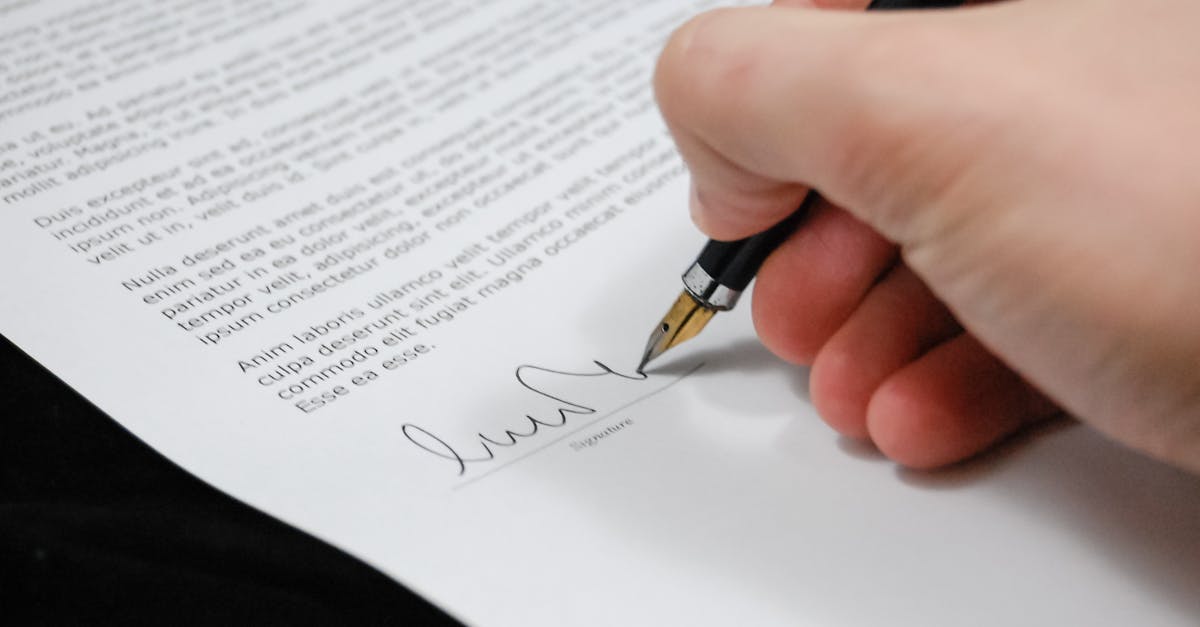
Pros and Cons of Chapter 13 Bankruptcy
Chapter 13 bankruptcy, under Bankruptcy Law New York, offers potential advantages and drawbacks for individuals facing financial hardship. One of the primary benefits of Chapter 13 is the opportunity it provides for individuals to create a manageable repayment plan to settle their debts over a period of time. This can be particularly advantageous for those who have a steady income and wish to retain their assets, as Chapter 13 allows debtors to keep their property while working towards debt discharge.
On the other hand, a notable drawback of Chapter 13 bankruptcy is the requirement to make regular payments towards the repayment plan as approved by the court. This can be a challenge for debtors who may experience fluctuating income or unexpected expenses during the repayment period. Additionally, the process of filing for Chapter 13 can be complex and time-consuming, involving extensive documentation and adherence to specific legal procedures, which may deter some individuals seeking a quicker financial solution.
Ability to Keep Assets
Bankruptcy Law New York provides debtors with the opportunity to retain certain assets when filing for Chapter 13 bankruptcy. Unlike Chapter 7 bankruptcy where non-exempt assets may be liquidated to repay creditors, Chapter 13 allows individuals to keep their possessions while adhering to a court-approved repayment plan. This offers debtors a chance to maintain ownership of their home, vehicle, and other essential belongings as long as they meet the terms outlined in the reorganization plan.
Nevertheless, it is crucial to note that not all assets are safeguarded under Chapter 13 bankruptcy. Debtors must still make payments to creditors based on their disposable income and property value during the repayment period, typically lasting three to five years. While this chapter provides a more structured approach to managing debts and protecting assets, individuals considering this option should consult with a qualified attorney to understand the specific guidelines and implications of filing for bankruptcy under Chapter 13 in accordance with Bankruptcy Law New York.
How to File for Bankruptcy
Filing for bankruptcy can be a complex process, but understanding the necessary steps to take can ease the burden. In Bankruptcy Law New York, individuals looking to file for bankruptcy must begin by gathering all required documents. These documents typically include financial statements, tax returns, income records, and a list of debts owed.
After compiling the necessary paperwork, the next step in the process is to complete the official bankruptcy forms. These forms vary based on the type of bankruptcy being filed, whether it is Chapter 7 or Chapter 13. It's crucial to fill out these forms accurately and truthfully to ensure a smooth filing process.
Required Documents
In accordance with Bankruptcy Law New York, individuals filing for bankruptcy are required to provide several key documents to the court. These documents play a crucial role in assessing the financial situation of the filer and determining the appropriate course of action. Some of the essential documents include proof of income, tax returns for the past few years, a list of assets and liabilities, as well as detailed information regarding expenses.
Additionally, individuals filing for bankruptcy must also submit proof of completing credit counseling from an approved agency. This requirement aims to ensure that filers have explored alternative options before proceeding with bankruptcy. Failure to provide the necessary documents or meet the credit counseling requirement may result in delays in the bankruptcy process or even dismissal of the case.
Bankruptcy Alternatives to Consider
Bankruptcy Law New York offers individuals facing financial hardship an array of alternatives to consider before filing for bankruptcy. Debt settlement, a popular option, involves negotiating with creditors to reduce the total amount owed. While this may result in lower payments and faster debt relief, it could negatively impact credit scores and may not eliminate all debts. Another alternative is credit counseling, where professionals help create a budget and repayment plan to manage debts effectively. Though this option doesn't erase debts like bankruptcy does, it can provide valuable financial education and support to individuals looking to stabilize their finances.
For those considering bankruptcy, exploring all possible alternatives is crucial. Debt consolidation is another option that involves combining multiple debts into a single payment with possibly lower interest rates. This can streamline repayment and potentially save money in the long run, but it requires discipline to avoid accumulating more debt. It's essential to weigh the pros and cons of each alternative carefully and seek advice from a qualified financial advisor or attorney before making a decision. By examining all available options, individuals can make informed choices that best suit their financial circumstances and goals.
Debt Settlement vs. Bankruptcy
Debt settlement and bankruptcy are two options for individuals facing overwhelming financial burdens. Each option comes with its own set of advantages and disadvantages. Debt settlement involves negotiating with creditors to lower the total amount of debt owed. This can result in a portion of the debt being forgiven, providing some relief to the debtor. On the other hand, filing for bankruptcy under Bankruptcy Law New York can offer a more structured and formal process for resolving debt issues. Bankruptcy can provide immediate protection from debt collection efforts and lawsuits, giving debtors a fresh start financially. However, bankruptcy can have long-term consequences on credit scores and may require the liquidation of certain assets to repay creditors.
It is essential to carefully consider the implications of debt settlement versus bankruptcy before making a decision. Debt settlement may offer a quicker resolution to debt problems and can potentially preserve a debtor's credit score more than bankruptcy. However, bankruptcy provides a legal framework for debt resolution and can offer a more comprehensive solution for individuals with significant debt. Both options have the potential to provide relief for those struggling with debt, but consulting with a financial advisor or bankruptcy attorney specializing in Bankruptcy Law New York is crucial to determine the best course of action based on individual circumstances.
FAQS
What is Chapter 7 bankruptcy?
Chapter 7 bankruptcy, also known as liquidation bankruptcy, involves selling off a debtor's non-exempt assets to pay off creditors. It is typically a quicker process compared to other types of bankruptcies.
How does Chapter 13 bankruptcy differ from Chapter 7?
Chapter 13 bankruptcy, known as reorganization bankruptcy, allows debtors to create a repayment plan to pay off their debts over a period of three to five years. This type of bankruptcy is ideal for individuals with a regular income who want to keep their assets.
What is Chapter 11 bankruptcy primarily used for?
Chapter 11 bankruptcy is commonly used by businesses to reorganize their debts and continue operating. It allows the business to create a plan to repay creditors while still running daily operations.
Can individuals file for Chapter 11 bankruptcy?
Yes, individuals can file for Chapter 11 bankruptcy, but it is more complex and expensive compared to Chapter 7 or Chapter 13 bankruptcy. It is typically reserved for high-income individuals with significant debts.
How do I choose the right type of bankruptcy for my situation?
It is essential to consult with a bankruptcy attorney to assess your financial situation and determine the most suitable type of bankruptcy for your needs. Each type has its own advantages and disadvantages, so seeking professional advice is crucial.




